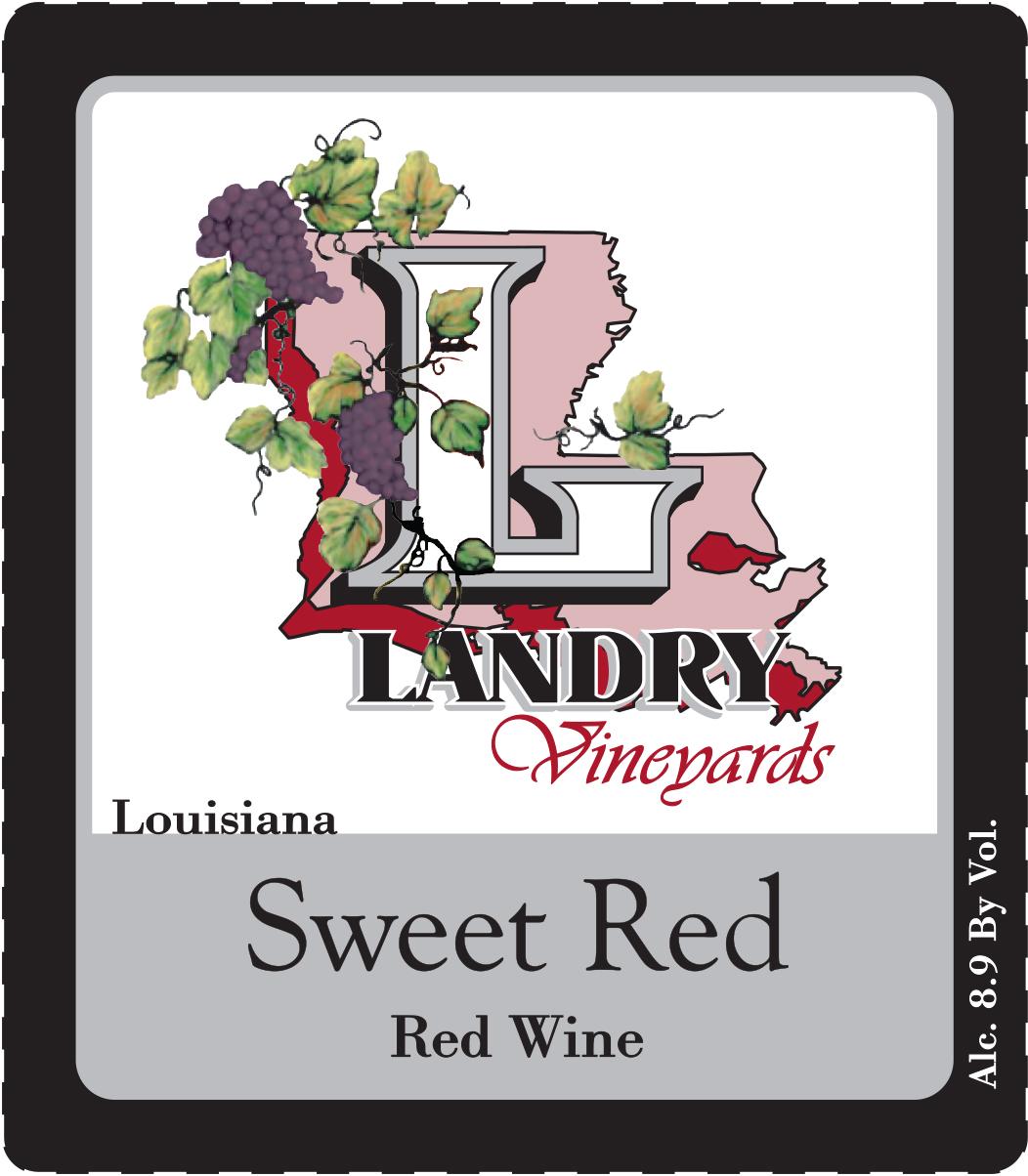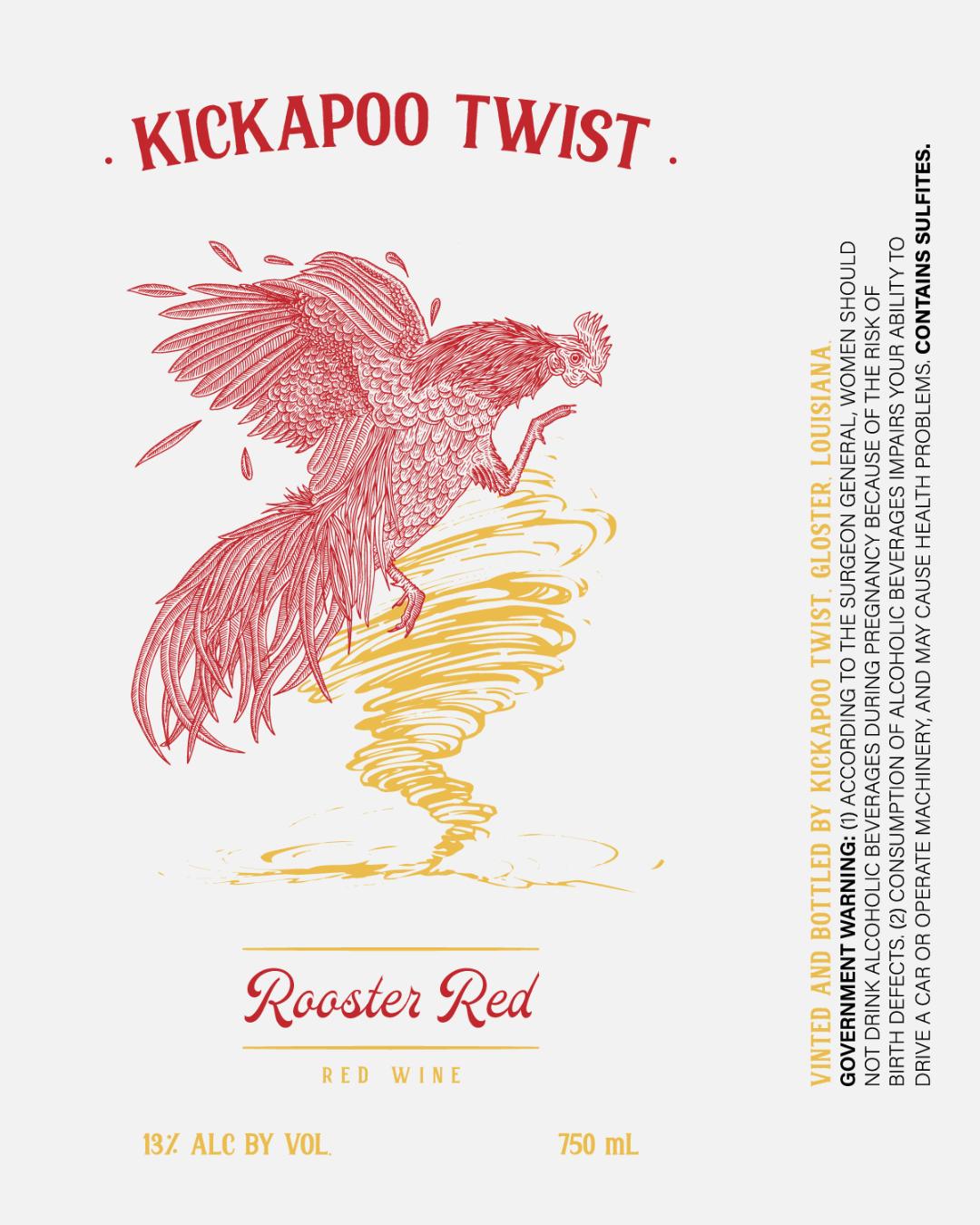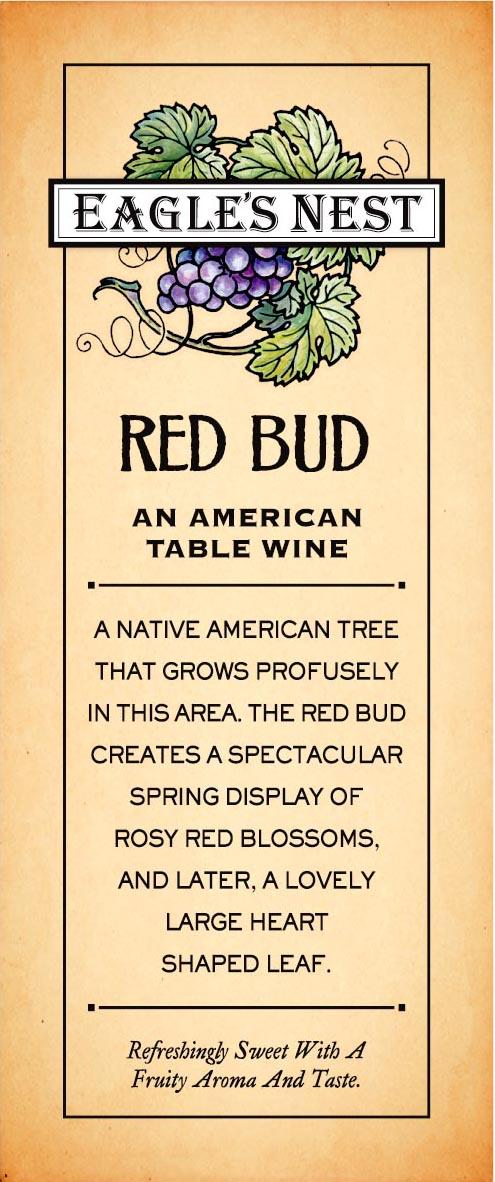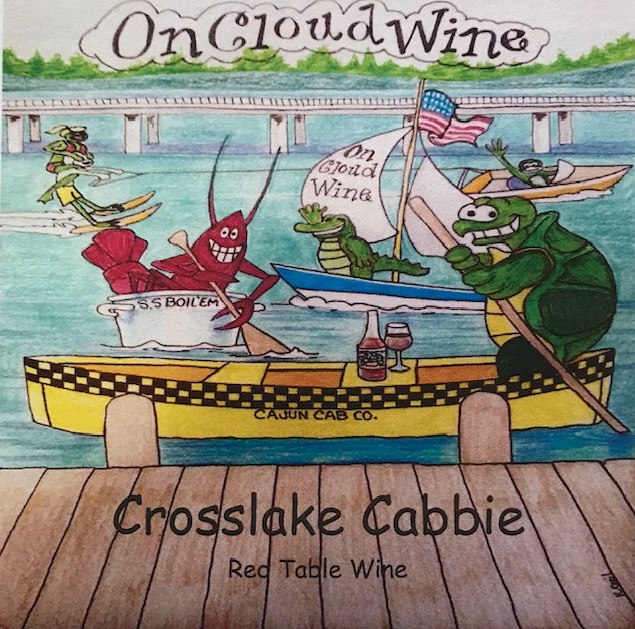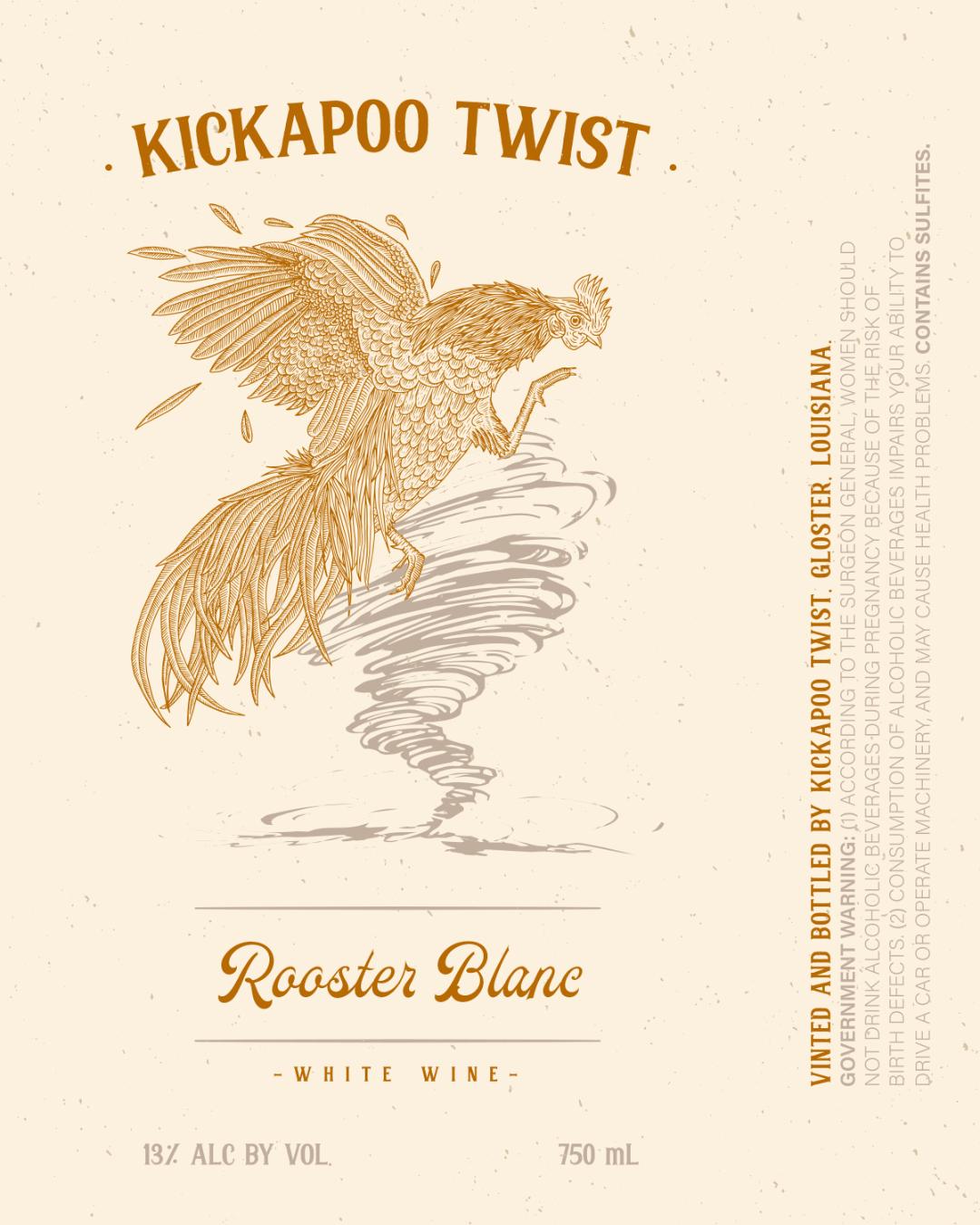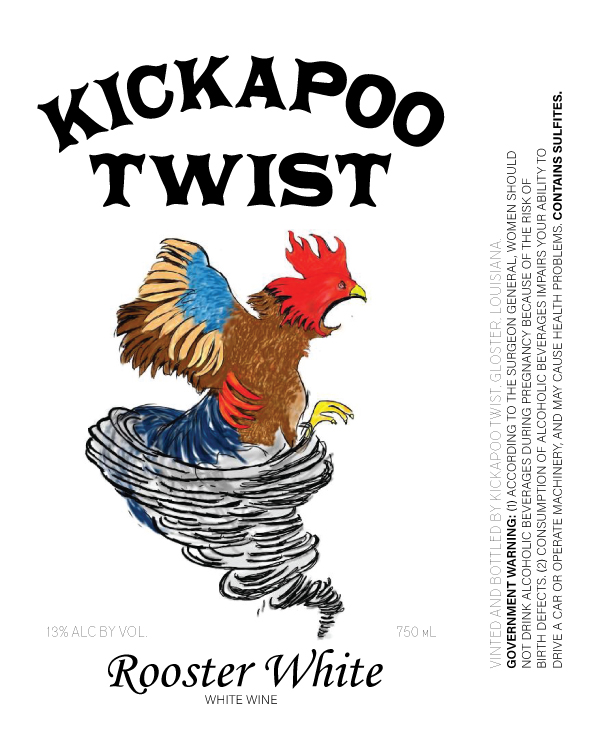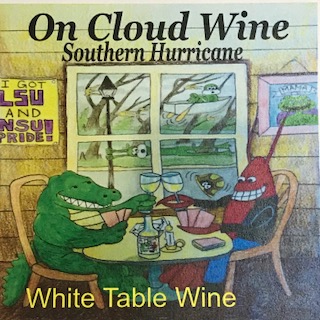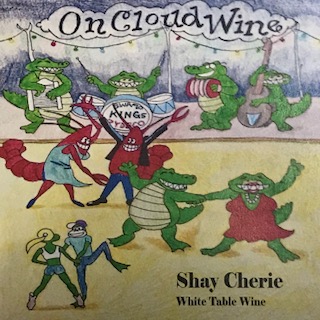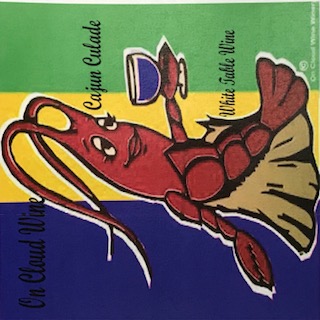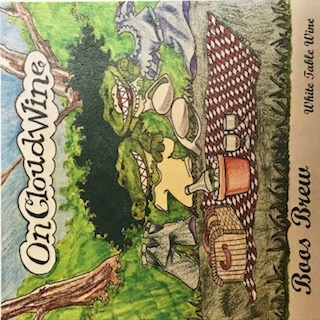Terroir of Louisiana
Louisiana's unique climate and soil create an interesting environment for grape growing. The state has humid subtropical weather with long, hot, and wet summers where temperatures rise above 90°F and annual rainfall exceeds 40 inches. These conditions make it tough to grow traditional grapes, so native and hybrid varieties are more common. In West Monroe, cooler air and higher ground, like at Landry Vineyards, help protect grapes from harsh freezes.
The soil in Louisiana adds another challenge. While the delta has rich alluvial clays, vineyards are often on higher ground with sandy loams that drain well. For instance, Pontchartrain Vineyards benefits from deep sandy loam on a 150-foot bluff, which helps with drainage and humidity. Overall, Louisiana's environment supports a small but lively wine industry, encouraging innovation and adaptation.
Notable Wineries in Louisiana
Louisiana's burgeoning wine scene, nestled within the Mississippi Delta AVA, is defined by its innovative adaptation to a challenging climate. Known for its hot, humid conditions, local vineyards embrace resilient hybrid and native grape varieties. Notable producers include:
-
Landry Vineyards (West Monroe): Renowned for its diverse selection, from dry whites to semi-sweet fruit wines, with a lively tasting room and seasonal concerts.
-
Pontchartrain Vineyards (Slidell): Pioneers turned into Wild Bush Farm + Vineyard, focusing on native fruits for small-batch wines.
-
Milicevic Family Vineyards (Abita Springs): Specializes in rare Balkan grapes, producing limited quantities for local venues.
These winemakers are crafting a unique identity for Louisiana wines, offering inviting tasting experiences and capturing the region's vibrant spirit in every bottle.
Sustainable Winemaking in Louisiana
In Louisiana, sustainability in winemaking is deeply tied to necessity, driven by the region's challenging climate. Many local vineyards focus on cultivating disease-resistant and heat-tolerant grape varieties, such as muscadine and other hybrids, to minimize chemical use. This strategic choice not only helps reduce environmental impact but also enhances grape resilience in the humid subtropical weather.
In addition to selecting hardy vines, Louisiana's vineyards employ conservation techniques like drip irrigation and no-till cover cropping to manage their land sustainably. While formal organic certifications are rare, the commitment to eco-friendly practices is evident in the use of the "Certified Louisiana" label. Overall, the state's winemakers are crafting a sustainable future by wisely managing habitats and adapting to their unique terroir.
Wine Tourism in Louisiana
Louisiana's wine tourism is an emerging journey, with a few key destinations offering unique experiences.
At Landry Vineyards, visitors can enjoy wine flights and guided tours, with seasonal music festivals enriching the atmosphere. The rebranded Wild Bush Farm + Vineyard, formerly Pontchartrain, continues its legacy with a welcoming tasting room.
Although a formal wine trail is absent, regions like Madison Parish offer informal routes blending wine and art. Events like the Louisiana Food & Wine Festival showcase local wines paired with traditional Cajun and Creole cuisine, adding a flavorful cultural layer.
While the infrastructure for wine tourism is still developing, the state's vibrant culinary scene complements these vineyard visits, making for a rich, albeit nascent, wine tourism experience. As Louisiana's winemakers continue to adapt to their distinctive climate, the region promises an intriguing future for wine enthusiasts.



